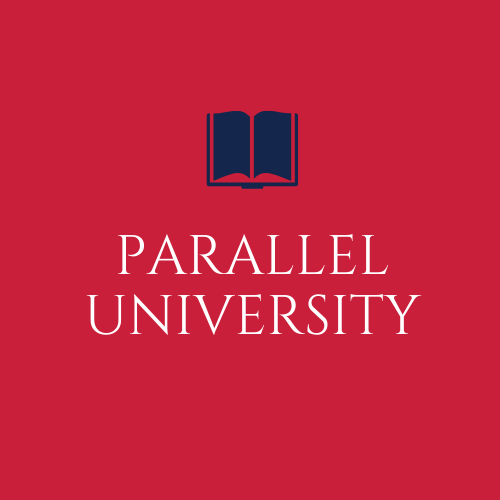Solving the wrong problem.

When The Tide Goes Out We Find Out Who Is Swimming Naked.
December 15, 2020
Like walking back in time.
December 16, 2020One of my theses is that often we solve the wrong problem. Defining the problem is often the hardest part of the problem solving procedure.
We have a great example while dealing with COVID-19. The Prime Minister says we are dealing with two conflicting problems, a health problem and an economic problem. With due respect to the greatest minds in the country I would submit that we have one problem and that is how to manage the risks of COVID-19. It is a risk management problem not a health problem or an economic problem.
We have been building more and more on our risk management problem over the last 30 years. We have become totally risk adverse. There would appear to be a few driving forces behind our aversion to risk.
- Litigation. We accept from the boardroom to the kitchen table that we can be legally liable for any action we take. The greater your capital base the greater the risk.
- Cultural fear of inequality. If one person takes the risk and wins and another doesn’t take the risk, then the person that took the risk has to share the rewards with the one that didn’t take the risk.
- Dr Google and scientific modelling. In combination these can scare the hell out of anybody.
- Helicopter parenting. We are terrified of anything happening to our young, we therefore go out of our way to ensure they are not faced with risk.
We have managed risk by removing it from society.
OH&S started with the principle of redefining the workplace to reduce the chance of an accident. That morphed into the principle of defining the workplace such that a person that wanted to harm themselves couldn’t.
Environmental protection started with the principle of reducing waste that could harm the environment and ended up with the principle of anything that changes the environment is harmful.
The law started with the principle that you were innocent until proven guilty, but now the onus is on the accused to prove their innocence.
In medicine the code used to be to do no harm but now there are four principals of autonomy, justice, beneficence, and non-maleficence.
Engineers over engineer most construction, except for dams in Queensland, to a point where cost make most projects unprofitable.
Human Resources, HR. We take risk out of decision making by following the practices of diversity and quotas where we used to practice meritocracy.
But now we have something we cannot remove from society and we have no experience in how to deal with a risk we cannot remove.
We have built risk aversion into every part of our society. I find it amazing that progressives who advocate trying the untried flock to the precautionary principle when they come up against risk.
Let’s intersperse our risk aversion with self-reliance. The principle of self-reliance is to make decisions for yourself. The principle of socialism is for the state to make decisions for you. Every day we make decisions in relation to risk, we look at ourselves, the environment we are in and make a call as to what we do.
The problem with COVID-19 is that as a society we do not believe that individuals have the alibility to put the facts together and decide for themselves based on their personal risk factors. Maybe that is the point we have arrived at; we have become so risk adverse we cannot even evaluate risks and prescribe an action for ourselves.
It wasn’t that long ago that parents, especially in rural areas, had to make a call between walking their sick children to the doctor or nursing them in bed themselves. There were no phones, no cars and no help. People made decisions for themselves not based on a lot of procedures based on the precautionary principle.




